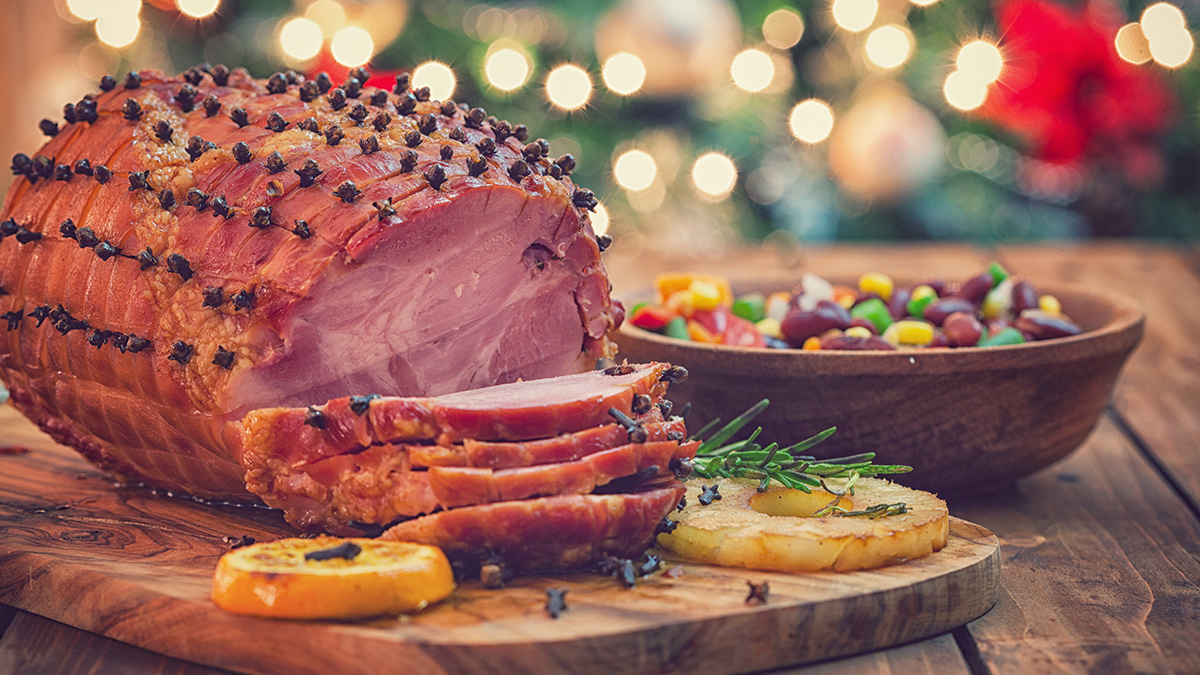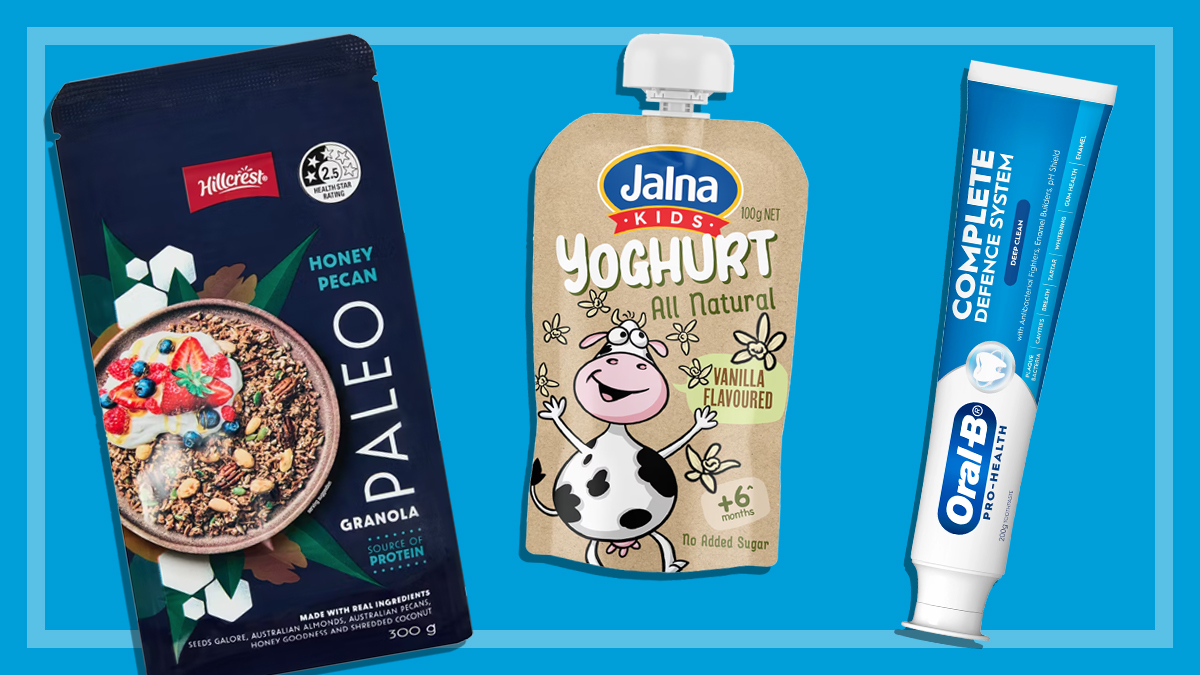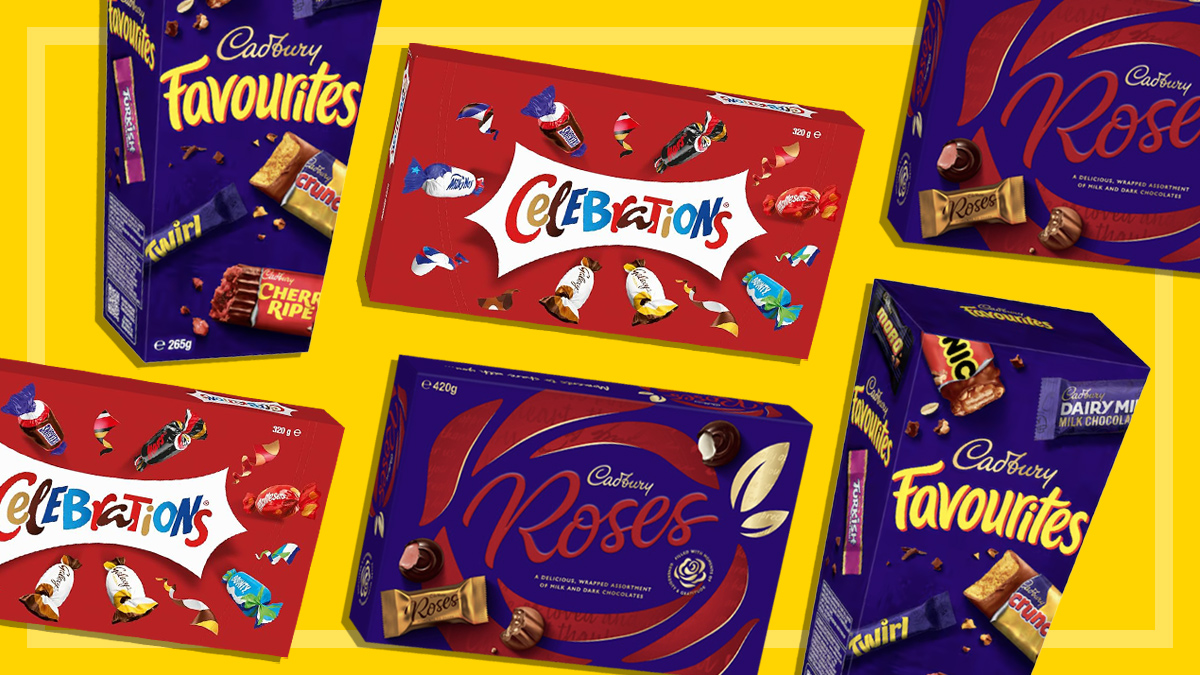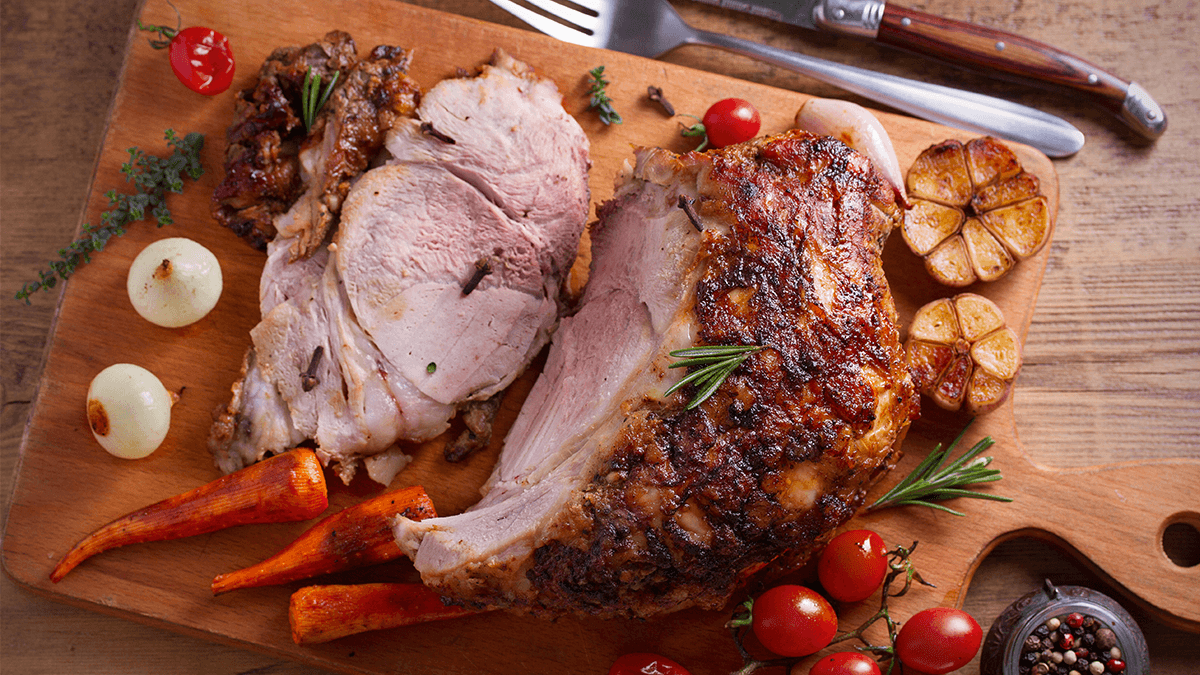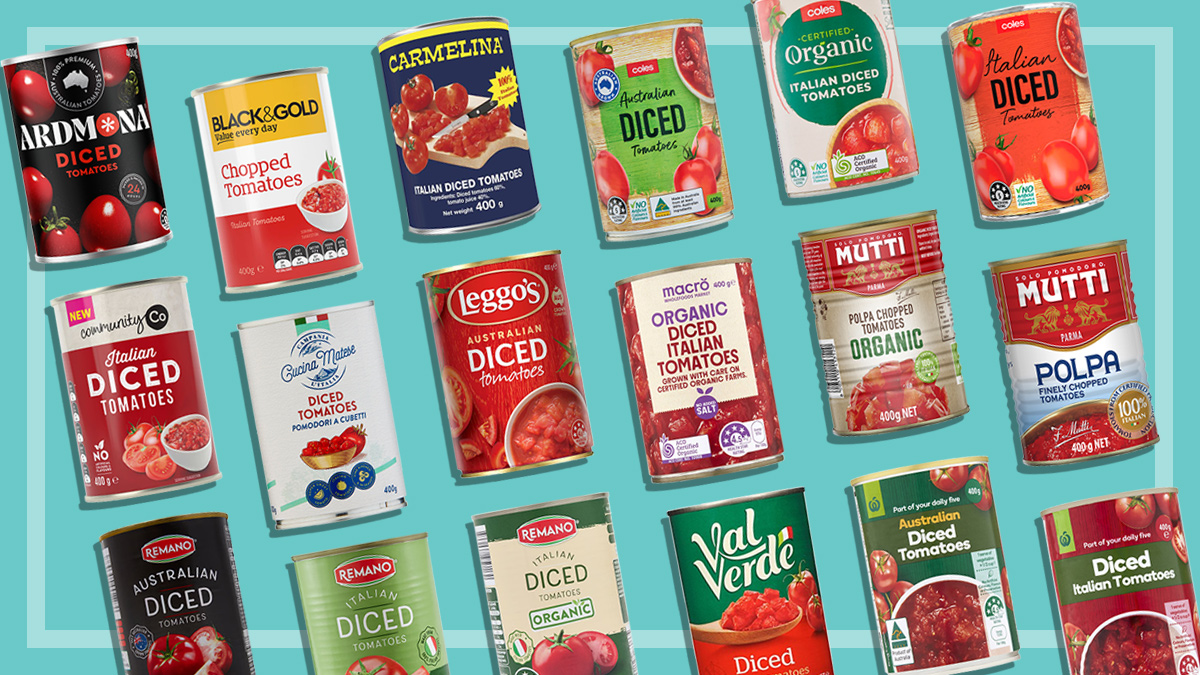Get our independent lab tests, expert reviews and honest advice.
Hemp in food – healthy, or just hip?
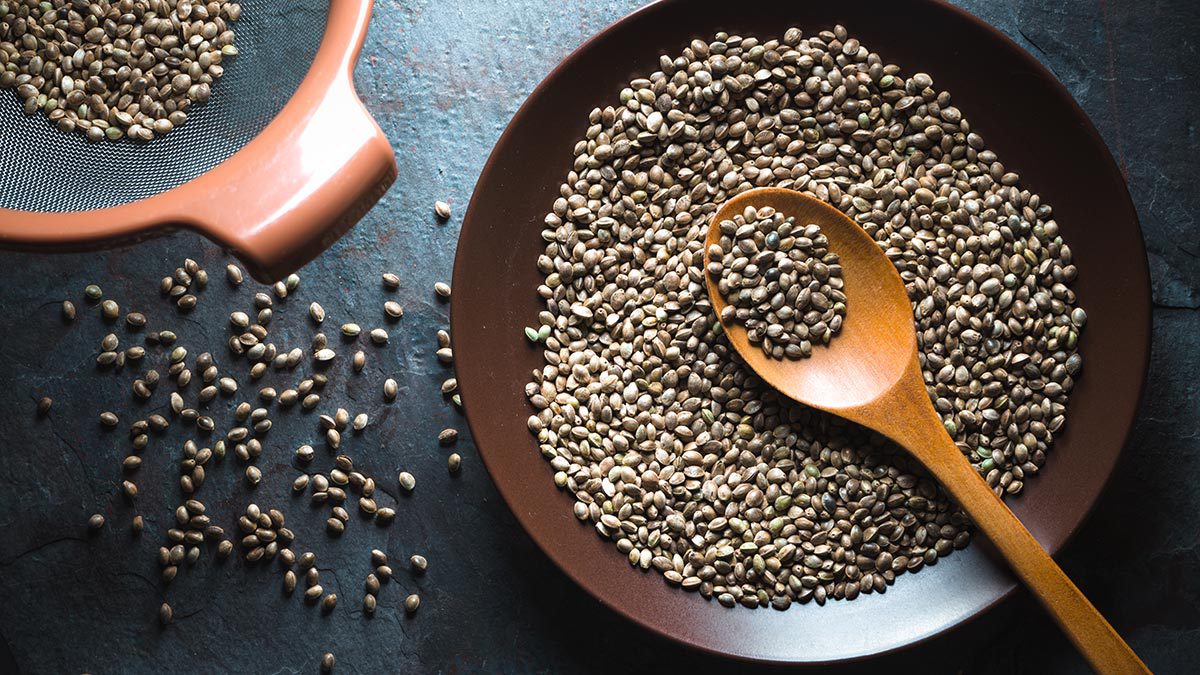
Need to know
- Hemp is a great source of plant protein, polyunsaturated fats and a range of other nutrients
- Some products promoting hemp as an ingredient contain negligible amounts, so it pays to check the ingredients list
- Hemp seeds and oil – along with other ‘super seeds’ such as chia and linseed – make for versatile and nutritious additions to your diet
On this page:
- What is hemp?
- Nutrients in hemp
- Hemp health benefits
- Who should eat it?
- Which packaged food products offer the best hemp value?
- How to cook with hemp oil and seeds
- Hemp, chia and linseed compared
Since being legalised for consumption in Australia in late 2017, hemp has been appearing in more and more food products.
Not only can you buy hemp seeds, hemp oil or hemp flour to add to your own food, but these ingredients can also be found in a range of different packaged foods from burger patties, muffins, corn chips and soup sold in Coles and Woolies, through to flavoured water on the shelves of Dan Murphy’s.
Hemp has a reputation for containing a swathe of beneficial nutrients, and foods listing hemp as an ingredient tend to be of the healthy-sounding variety – such as protein bars, energy balls and kefir.
So does hemp live up to the hype?
What is hemp?
Hemp is a versatile crop grown worldwide, including in Australia. As well as its role as a food ingredient, its uses include the production of textiles, biodegradable plastics, paper, paint and biofuel.
It belongs to the cannabis plant species, but you won’t get high from eating it
Like marijuana, it belongs to the cannabis plant species (Cannabis sativa). The hemp permitted in food, however, is referred to as low-THC hemp – meaning it contains little or no THC (delta 9-tetrahydrocannabinol), the cannabinoid in marijuana that has psychoactive properties – so you won’t get high from eating it.
Hemp has a distinctly nutty flavour, and its seeds and oil can be used in foods in the same way you would use other nuts, seeds and their oils.
Nutrients in hemp
Hemp seeds have an impressive nutritional resumé. They are:
- Protein rich. Hemp seeds are about 30% plant protein, and contain the full suite of essential amino acids.
- A source of good-for-you polyunsaturated fats. Hemp seeds are about 50% fat, roughly 80% of which is the polyunsaturated variety, including the plant omega-3 fatty acid alpha-linolenic acid (ALA) and omega-6 fatty acid linoleic acid (LA).
- A source of dietary fibre. Hemp seeds are about 5% fibre
- Packed with vitamins and minerals. Hemp seeds contain vitamin E, B-group vitamins such as folate and thiamine, along with minerals including phosphorus, potassium, magnesium and iron.
Packs of hemp seeds typically suggest a serving size of 20–30g – about two to three tablespoons.
Values in the nutrition information panel on different packs can vary, but on average – according to the US Department of Agriculture FoodData Central – a 30g serve of hemp seeds gives you:
- 9.5g protein (about 17% of an adult’s recommended daily intake)
- 2.6g ALA omega-3 fatty acids ALA intake (247%)
- 1.2g dietary fibre (4%)
- 2.4mg iron (18%)
The many products that have hemp seeds added as an ingredient contain significantly less hemp than 30g. See Hemp products compared.
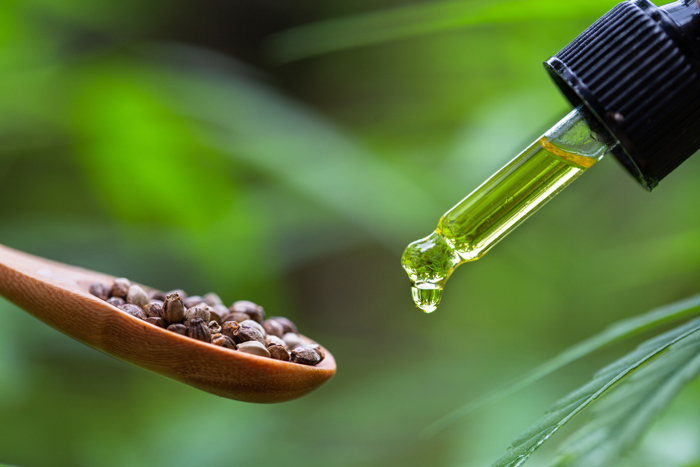
Hemp health benefits
With these stellar nutrition credentials, it’s not surprising that there are a range of health benefits claimed for hemp seeds and other hemp ingredients. So do those claims stand up to scrutiny?
Lisa Donaldson, accredited practising dietitian (APD) and spokesperson for the Dietitians Association of Australia, told us “Health-related claims surrounding the benefits of consuming hemp seed include decreasing food cravings and intolerances, inflammation and blood pressure as well as improving digestion, immunity and energy levels (just to name a few!).
“However, there has been limited research conducted on humans to support these claims.”
What does the research show?
Donaldson mentions a small trial among 20 adults with atopic dermatitis. It found that having 20 mL/day of hemp-seed oil for eight weeks resulted in decreased subjective ratings of skin itchiness and dryness, dermal medication reliance and trans-epidermal water loss.
There has been limited research conducted on humans to support these claims
Another human research trial she points to found that supplementing the diet with about 20 g/day of hemp-seed oil, combined with evening primrose oil, was associated with improvements in a range of outcomes in people with multiple sclerosis, including relapse rate and movement ability.
According to Catherine Saxelby, accredited nutritionist and dietitian and founder of Foodwatch, “the most beneficial attribute of hemp is probably the high omega-3 content of its oil. However, the plant form of omega-3 isn’t well absorbed (particularly when compared to fish oil).”
So while the benefits of omega-3 fatty acids for cardiovascular health are well documented, the results of published research looking at the impact of hemp oil on cardiovascular risk factors are mixed.
Who should eat it?
Anyone might want to add hemp to their food repertoire, but both Donaldson and Saxelby agree that hemp seeds are a particularly good choice for people following a vegan diet.
“Hemp expands [vegans’] list of protein-containing foods – especially as it can be used in a variety of different formats (including seeds and flour)”, explains Donaldson.
Saxelby points out that “hemp is free from soy, dairy and gluten so can also be beneficial for those with related allergies or intolerances, or allergies to other seeds (say linseeds).”
But this doesn’t necessarily mean you should add a big bag of hemp seeds to the trolley next time you’re out shopping.
“Hemp products may help you to reach daily intake recommendations of certain nutrients,” Donaldson says. “However, there are a variety of other inexpensive foods readily available in the market which will help you to achieve a similar outcome, therefore it all comes down to personal and taste preference.”
Which packaged food products offer the best hemp value?
If you’re still keen to up your intake of hemp, there’s no shortage of products around that boast hemp seeds as a feature. But be aware that the actual amount of hemp that’s in these products, can vary widely.
We took a snapshot of what’s on offer in supermarkets. The amount of hemp seed in the 20 products we found ranged from a token 0.24g per serve (The Collective Blueberry Hemp Kefir) up to a weightier 11.9g per serve (Tom & Luke Snackaballs Hemp Protein Triple Berry).
Most of these products contain a range of healthy-sounding ingredients, of which hemp is just one. But if the hemp is what’s appealing to you, the following products offer the best hemp value, with more than 8g hemp seeds per serve and costing less than 30c per gram of hemp:
- Tom & Luke Snackaballs Hemp Protein Triple Berry (11.9g hemp seeds per serve, $0.20 per gram of hemp)
- Grounded Garden Burger with Tofu & Hemp (8.8g, $0.28)
For products whose hemp content is significantly lower, it’s possible its addition is merely a marketing ploy to cash in on the “health halo” of so-called superfoods.
Hemp in packaged food
Hemp seeds per serve (g), in rank order from highest to lowest
- Tom & Luke Snackaballs Hemp Protein Triple Berry (11.88g)
- Grounded Garden Burger with Tofu & Hemp (8.82g)
- Macro Protein Muffin Hemp & Pumpkin (8g)
- Grounded Beetroot & Blackbean Burgers with Hemp (7.8g)
- Grounded Garden Burger with Falafel & Hemp (6.75g)
- Tom & Luke Snackaballs Hemp Protein Peanut & Caramel (6.6g)
- Thinkfood Munch Hemp Seed Blueberry (3.75g)
- Smoothie Bombs Vanilla Hemp (2.4g)
- Pureharvest ABC & Hemp Spread (2g)
- Continental Nutrish Soup Sweet Beets (1.5g)
- Continental Nutrish Soup Tickle Me Purple (1.5g)
- Health Lab Peanut Butter Choc Hemp Energy Ball (1.4g)
- Health Lab Peanut Butter Choc Hemp Energy Ball (1.4g)
- Continental Nutrish Soup A Bit Corny (1.35g)
- Macro Hemp Blue Corn Chips Lightly Salted (1.25g)
- Macro Hemp Corn Chips Jalapeno (1.25g)
- Macro Hemp Corn Chips Kale & Wasabi (1.25g)
- Mayvers Protein Peanut Butter with Hemp Seeds (1g)
- Simson’s Pantry Hemp Chia Oat Wraps (0.9g)
- The Collective Blueberry Hemp Kefir (0.24g)
How to cook with hemp oil and seeds
The most cost effective way to include hemp in your diet is to buy hemp seeds and add them to food yourself. Hemp seeds cost between $0.04 and $0.08 per gram in the bags that we priced, which compares favourably to even the cheapest of the hemp-containing packaged products we priced in our snapshot.
You can also buy hemp as flaked seeds (sold as’ hemp hearts’), hemp flour, hemp oil, hemp milk and protein powder. Just bear in mind that, like most ingredients, the more ‘whole’ a food remains, the more nutrients it retains – the fibre content in particular will be lower in some of these formats than in whole hemp seeds.
The more ‘whole’ a food remains, the more nutrients it retains
Hemp has a nutty flavour, and can be used in a variety of ways, so you can just choose a format that works with the recipe you want to use.
A Google search will turn up endless recipes for cooking with hemp, but some suggestions from Donaldson and Saxelby include :
- Sprinkle some hemp seeds or hearts over your morning oats, muesli or yoghurt with fruit
- Blend up a smoothie with yoghurt, berries and hemp protein powder
- Scatter hemp seeds or hearts over a salad
- Experiment with hemp flour in baking recipes (use ¼ hemp flour combined with ¾ regular flour as a starting point)
- Add hemp seeds to a muesli bar recipe
- Drizzle hemp oil over a salad or use in a pesto (it’s not recommended for cooking because of its low smoke point, meaning it burns at a low temperature).
Hemp, chia and linseed compared
Hemp appears to be following the same trajectory to superfood status as chia. So how similar are their nutritional offerings? How do they compare with linseed (flaxseed), which is often sitting nearby on the supermarket shelves? And is one better for you than the others?
The chart below gives a breakdown, but in short:
- Hemp seeds are the protein heavyweights of the bunch
- Linseeds have the upper hand when it comes to omega-3 fatty acids
- Chia seeds pack a punch with fibre, and are a significant source of calcium
That said, they can all be useful additions to your diet because they offer a range of beneficial nutrients, in varying quantities – it’s not simply a case of picking the healthiest.
| Product name | Protein (g) | Omega-3 fatty acids (ALA) (g) | Fibre (g) | Calcium (mg) |
| hemp seed | 31.6 | 8.7 | 4 | 70 |
| chia seed | 16.5 | 17.8 | 34.4 | 631 |
| linseed | 18.3 | 22.8 | 27.3 | 255 |
Why variety is vital
Nuts and seeds more broadly are rich in energy (kilojoules), offer protein and dietary fibre, and contain significant amounts of unsaturated fats, as well as a range of other nutrients. That’s why they play an important role in our diets, particularly those that are plant-based.
As Donaldson sums it up: “it’s best to choose a variety of healthy foods in the diet rather than focusing on one food because:
• All nutritious foods have their own unique contribution towards good health.
• A single food is not able to give you all the nutrients you need to stay healthy.
• A single food is not able to compensate for an otherwise unhealthy diet.”

